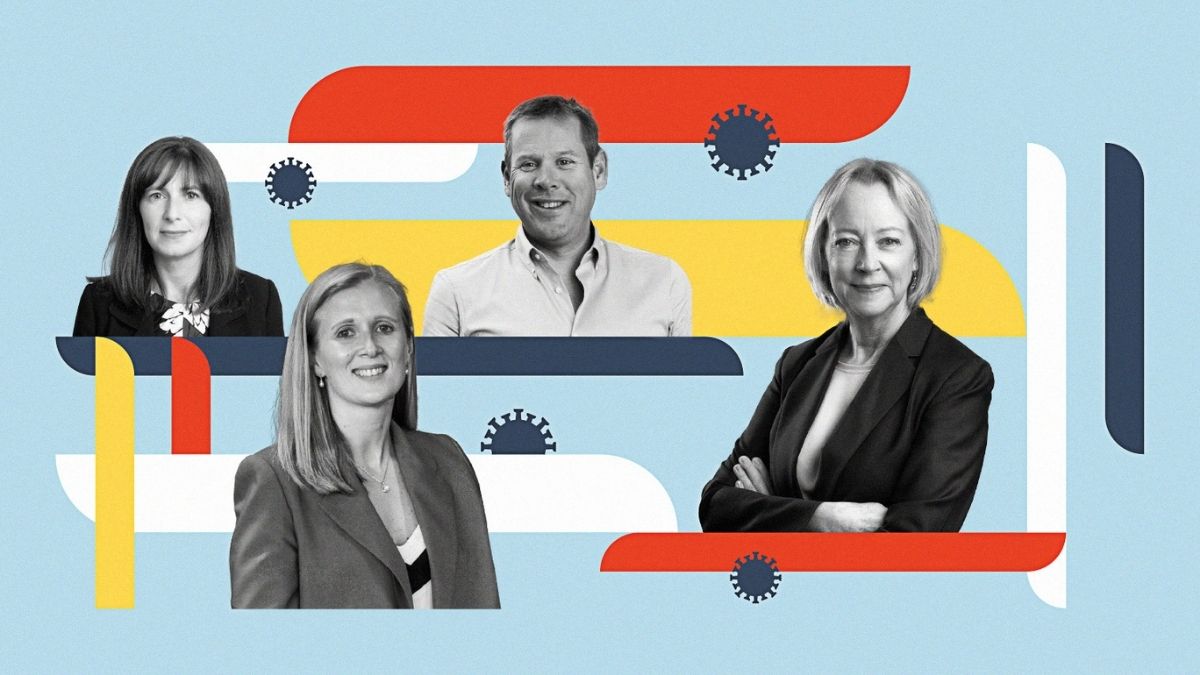
Sally Henderson, group head of talent and learning, Zurich
Rebecca Passmore, UK managing director, PureGym
Nick Jones, CEO, Joules
Lynda Gratton, professor of management practice, London Business School
Companies had to adapt quickly to new ways of working and reaching customers as Boris Johnson announced the first Covid lockdown. Two years on, restrictions have only just been eased and the world is still learning to live with the disease.
Here, business leaders reflect on the challenges it brought and the lessons they’ve learnt along the way.
Rebecca Passmore, UK managing director, PureGym
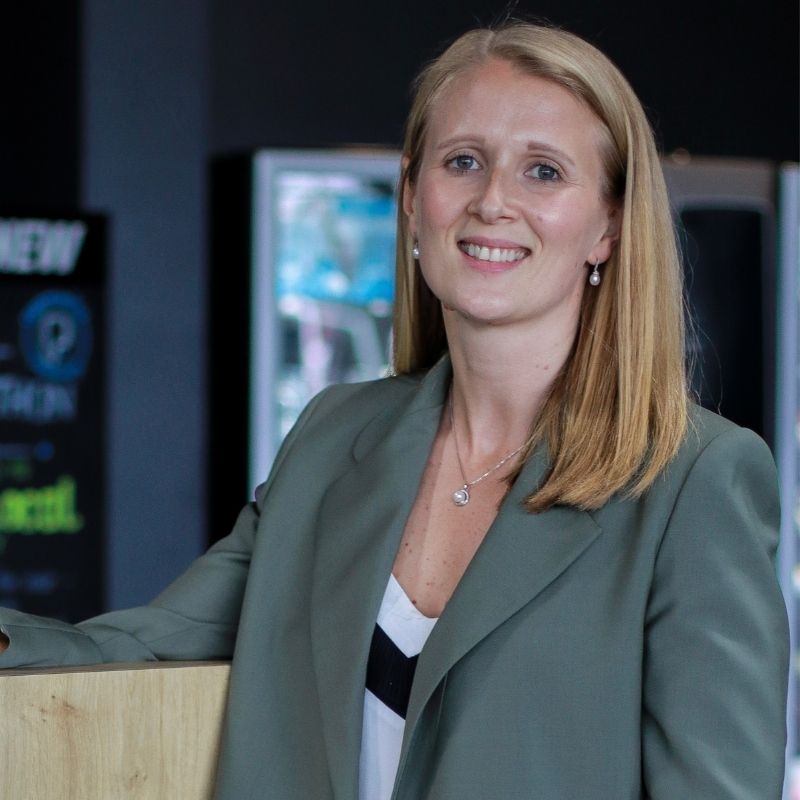
If you had have told me three years ago that our gyms would close for almost a year I would never have believed you. In the first 13 months of the pandemic we were shut for 10 of them. During this time we generated zero revenue because, unlike retail and hospitality businesses which could turn to their online offering or pivot to take-aways, we had to remain fully closed.
The financial situation was challenging to overcome. Cost minimisation was our daily focus and we made use of the government support that was available to us. The most challenging part was having to close all our gyms overnight and communicating this news to our colleagues, without being able to say when they would reopen.
To overcome these challenges, we focused on the things that were in our control. We had two key priorities: first, to look after our team members and second, to make our gyms Covid-safe spaces so that we were ready to re-open as soon as we got the green light.
It was vitally important to maintain member loyalty over this period, so we focused on improving the PureGym app. We introduced hundreds of free digital workouts and live-streamed workouts on social media too. This paid dividends as it helped both existing members and new joiners to keep fit and inspired during lockdowns. We also offered our gyms to be converted into vaccine centres and our Nuneaton gym administered more than 7,500 doses.
There are some physical things that will stay as a result of Covid, such as cleaning and sanitiser facilities, and we have continued to make our app free for everyone because it’s an effective way to engage with current and potential members. But we know we can’t stand still as a business and need to keep innovating at pace.
One of the main things we’ve taken on board is the way in which the business has pivoted from being known as simply a gym operator to being a health and fitness brand. We worked incredibly hard during the pandemic to demonstrate the importance of gyms for peoples’ mental and physical health. As we expand internationally and into new business ventures this positioning will be incredibly important.
Lynda Gratton, professor of management practice, London Business School
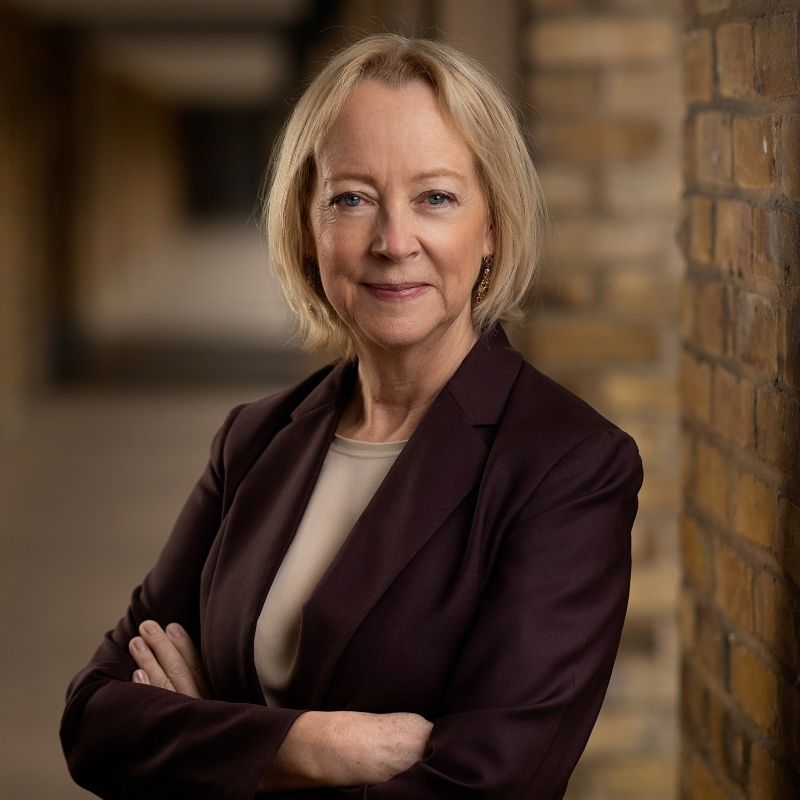
The biggest change that has occurred over the past two years is that businesses realised they could be just as productive with people working in new ways – many of which they had never imagined before. It’s a very profound change and I don’t think companies will go back to how they operated before.
Every CEO is now asking themselves whether they could do things differently. They’re looking to create greater flexibility and autonomy for their workforce or exploring new ways to attract talented people, who are being given all sorts of enticing offers by other companies. The pandemic has brought a massive change in skills, assumptions, habits and attitudes.
If it had only lasted a week or two, I think we’d have sprung right back to how organisations were run before. But, it’s been two years and people are still catching Covid, so we’re not really out of it (even though we like to think so). These challenges are going to continue, so it’s really important that we have the chance to change how we approach work.
We’ve been working in the same ways since the industrial revolution, so now is the time to really rethink our priorities and redesign work.
Nick Jones, CEO, Joules
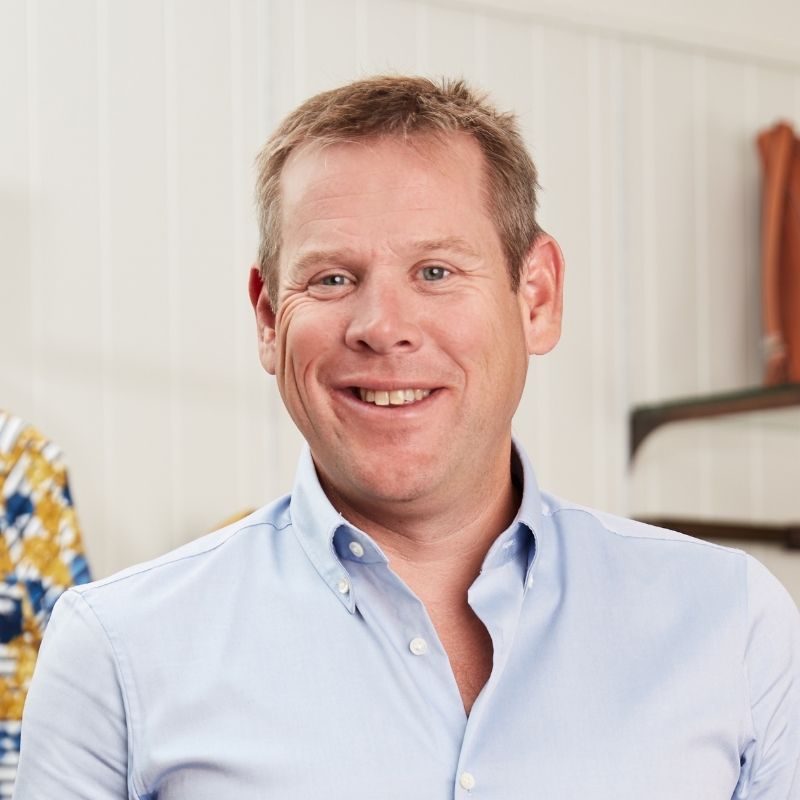
The level of disruption and pace of change in the retail sector over the past two years has been truly unprecedented. Our biggest challenge was the immediate impact of successive lockdowns on footfall and customer demand in our stores. We saw a significant shift to our online offer as a result, both through our own website and those of our partners, and we adapted our operations quickly to ensure we were able to fulfil orders.
Partly due to the pandemic, the retail sector has been faced with additional challenges during the past two years including supply chain disruption, freight and logistics issues, and inflationary pressures. I am incredibly proud of the decisiveness and speed with which the Joules team responded and adapted to these challenges.
In terms of the lessons I personally have learnt, first and foremost is the importance of our values and purpose. Our mission to brighten our customers’ lives through our brand and product and to conduct business in a responsible way now runs through everything we do. As we have faced challenges over the past two years, this north star has meant that we never lose sight of our long-term goals and most importantly, what our customer wants from us.
The opening of ‘The Barn’, our new head office in our home of Market Harborough, came at the perfect time in Joules’ journey too. It fully supports flexible and agile working and is designed with inspiration and collaboration at its heart through the abundance of meeting spaces, breakout areas and open spaces for our teams to work in. It also reflects Joules’ personality, thanks to the building’s natural surroundings and the sweeping countryside views.
Sally Henderson, group head of talent and learning, Zurich
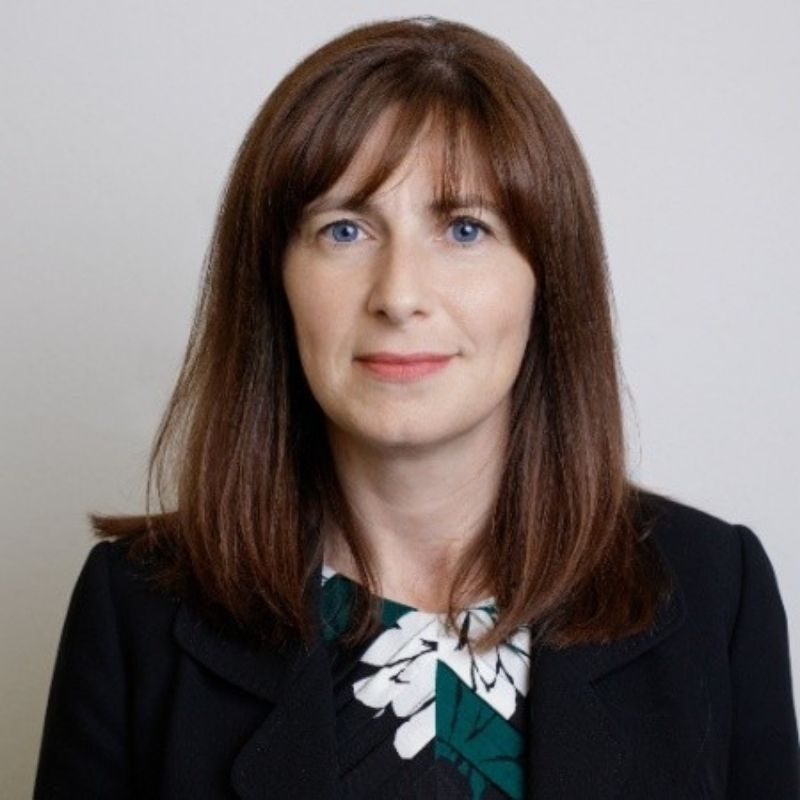
The pandemic accelerated our journey to flexible working and created a more collaborative and less hierarchical culture. Protecting and caring for all of our stakeholders is really core to the business, and the pandemic put the spotlight on our own wellbeing focus, as the health of our employees became a priority.
Our approach focused on four different aspects of wellbeing: mental, physical, social, and financial. That framework had already been defined pre-pandemic, but it brought a renewed emphasis on certain aspects of it. We wanted to take as much anxiety and stress away from our employees as we possibly could, so we set up a series of education programmes on topics such as, how to cope with change or techniques for managing stress, which were designed to help people deal with the challenges we were all facing at the time.
We also put into place a hospitalisation benefit which provided financial support for our employees and household dependants if they were hospitalised as a consequence of Covid-19. In addition, we offered counselling support and employee assistance programmes, as well as more proactive things like walking challenges to encourage people to stay fit and healthy.
We also introduced fun initiatives like ‘Zurich’s Got Talent’. While we were in lockdown around the globe, many people found themselves picking up new hobbies. We looked to embrace this and encouraged people to share their newfound skills within the organisation. We’ve had some amazing singers, dancers, cooks and artists, and it’s helped us to learn more about our colleagues and build those social connections.
Despite the fact that we’re now moving to a phase of living with Covid-19, we’re planning to keep some of the positive initiatives that helped to connect and unite us over this time.
As a global business, Covid continues to affect many of our colleagues in other parts of the world, so we are still living through some of the challenges that the pandemic brought. On an organisational level we have committed to hybrid working but how you operationalize these common principles and make them work in your country, based on the current context, differs. We’re still sharing ideas across countries and I’m sure as we evolve, we’ll continue to learn.
